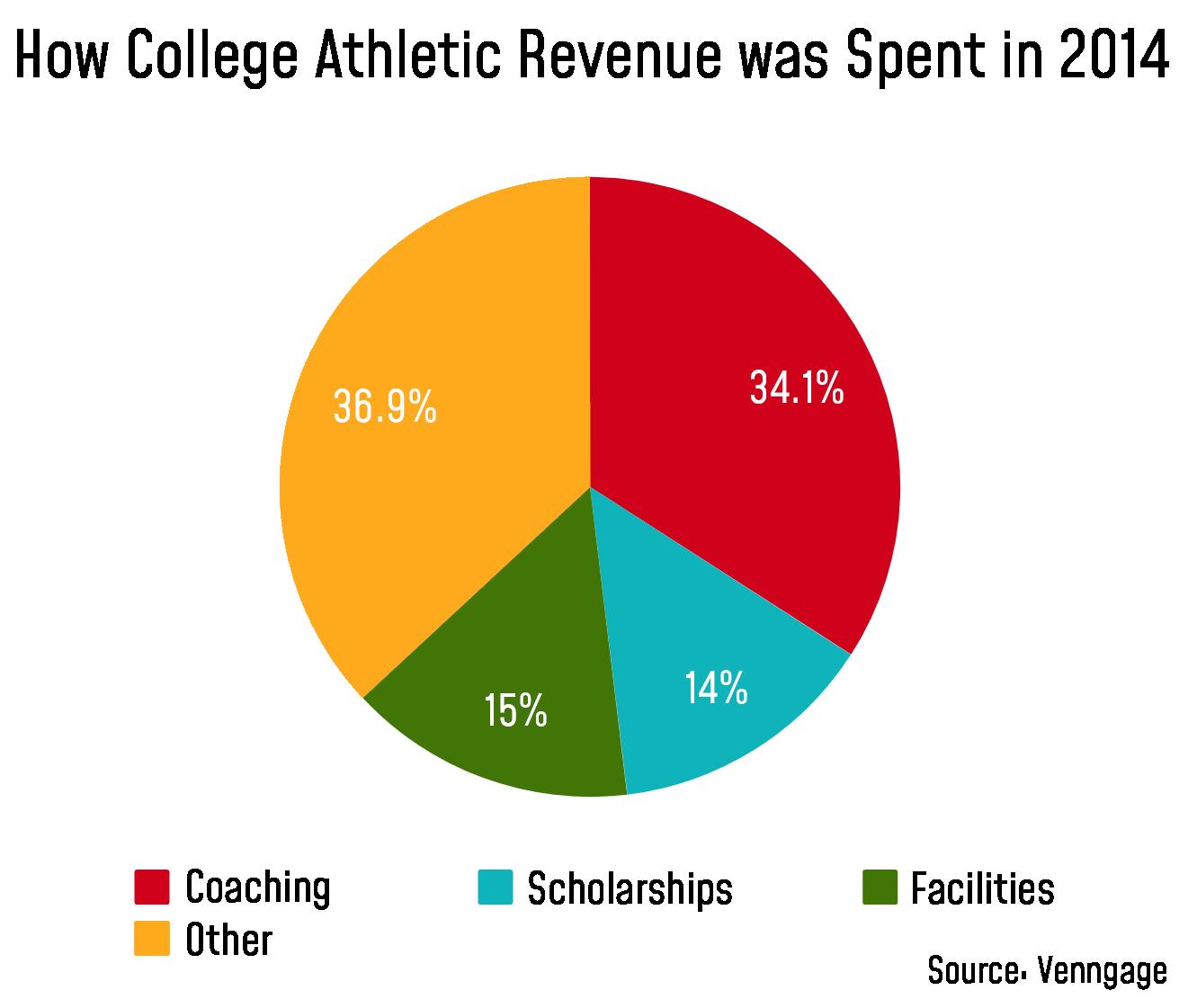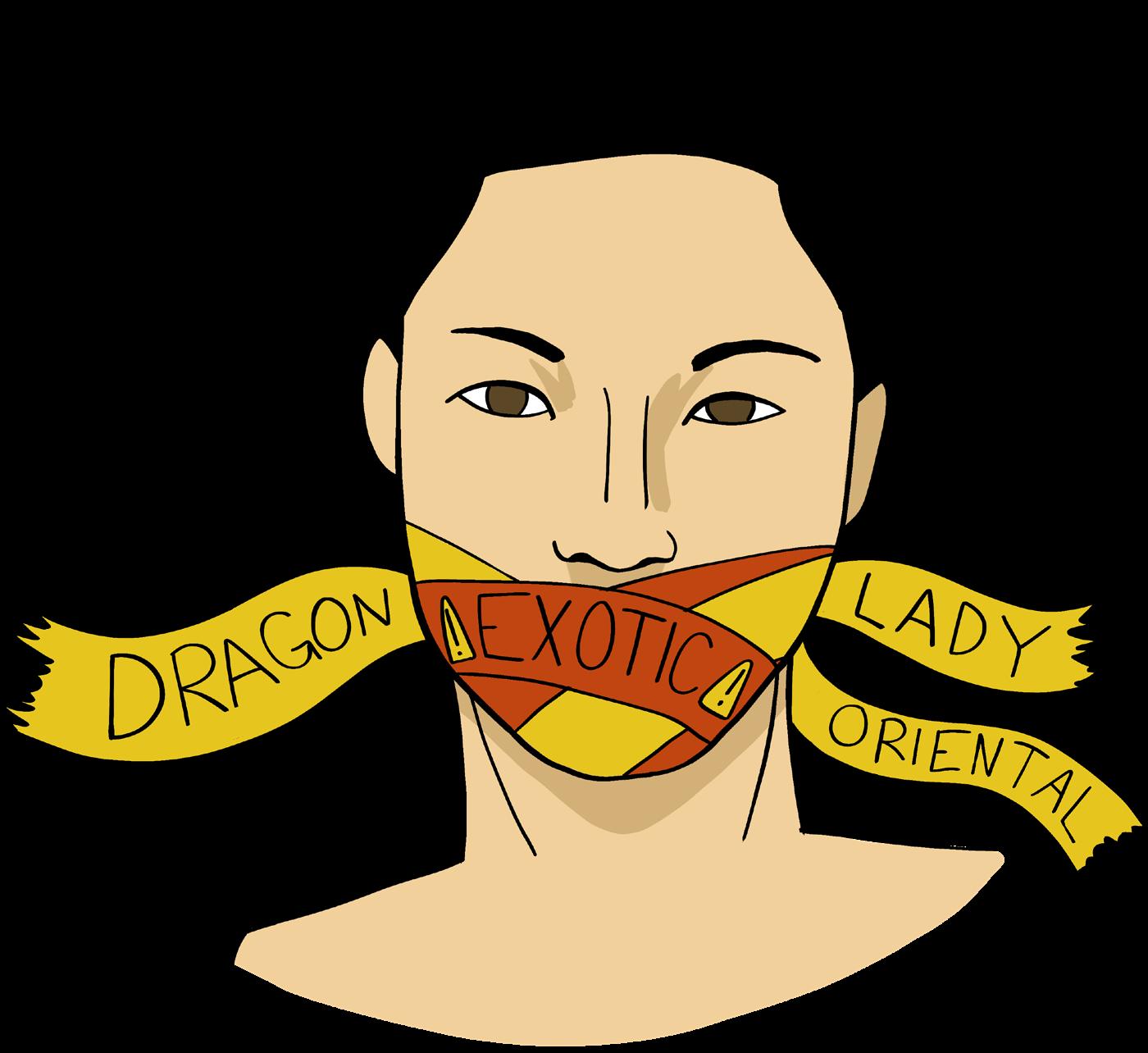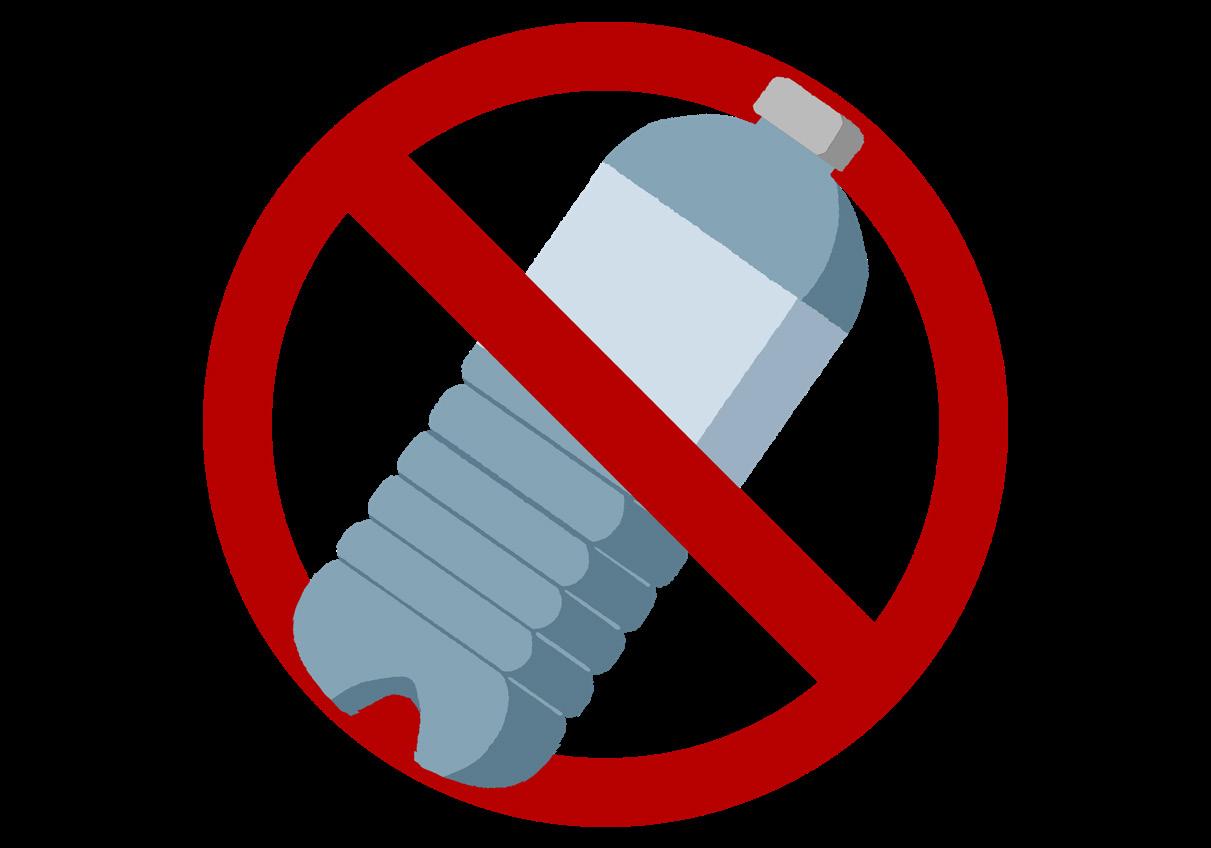8
Lifestyles
May 2O21
THE TOXICITY OF DIET CULTURE Article by Sidney Seybold Graphic by Henry Van Voorhis
This article contains potentially sensitive material concerning dieting, weight loss, body image issues and eating disorders. It seems like every year there’s a new diet trend that has gained popularity or a food that has been deemed “bad.” The Atkins diet, the cabbage soup diet, the grapefruit diet, the raw food diet, juice cleanses, meal replacement shakes, Whole 30 — there are just so many. And most of them are no longer prevalent and have been proven ineffective for healthy and sustainable weight loss. So why were they even popular in the first place if they lacked scientific evidence? Simple — diet culture. It promises people a quick way to become skinny, which is then equated with happiness. Diet culture is driven by the same force as any marketing campaign, and the way to defeat it is by raising awareness and recognizing how ingrained it is in society. First, there’s a difference between promoting diet culture and promoting a balanced lifestyle. The Harvard Chan School of Public Health firmly states that “research has shown that individuals following five key habits—eating a healthy diet, exercising regularly, keeping a healthy body weight, not drinking too much alcohol, and not smoking—live more than a decade longer than those who don’t.” Diet culture doesn’t take this same holistic approach, however. Instead, it offers one fix — sometimes an unsafe one — towards being skinny, which is not the same as healthy. It disregards each body’s unique needs and creates a trend of body dysmorphia, off of which companies can then profit. Worth about $72 billion according to The Associated Press, the diet and weight loss industry reinforces people’s insecurities that they are overweight to then persuade them to use some product or try some diet that will supposedly make them skinnier. It is a larger part of American society than many realize and manifests itself in various ways, whether it be through media, film and television or just everyday life. The National Eating Disorders Association claims that by 6-years-old, young girls are already distressed by their body size, and 40-60% of girls between the ages of six
and 12 “are concerned about their weight or about becoming too fat.” Physical education teacher Amanda Dean acknowledges this trend and teaches nutrition in health and wellness class from a standpoint that emphasizes the individual needs of every body and its responses to food. “There’s so many different diet plans out there, and if you asked 100 different nutritionists what the perfect diet was, you’d probably get 100 different answers,” Dean said. “So I don’t try to tell them how to eat. I want them to understand what the nutrients are and what different types of food are giving them as far as nutrients go, and then you can make those decisions for what and how you want to eat on your own.” The mentality of diet culture, that skinny equals healthy, healthy equals better, and therefore skinny equals better, is further perpetuated by social media, where people, especially celebrities, can use filters and photoshop to alter their appearance. For example, the Kardashian-Jenner family is known for accepting sponsorships for and promoting different weight loss remedies. In 2019, Khloé Kardashian was criticized for advertising products from the company Flat Tummy Co, which included meal replacement shakes, detox teas (laxatives) and appetite suppressants. The diet industry was able to reach her over 100 million Instagram followers, many of whom are young people, to convince them that in order to look like a megastar, who in reality has a personal trainer, styling team and editing software, they need to basically starve themselves of the nutrients their bodies’ need. “What they’re doing is feeding off of you feeling like you don’t meet up to societal standards, and that’s horrible,” student Meredith Swift said, who asked that her name be changed for privacy reasons. “All you should be focusing on is am I getting enough nutrients and am I getting stronger. Or am I moving? Am I taking care of my body? Am I making myself better, mentally, and making it better doesn’t mean skinnier at all. In fact, in some cases, it means getting bigger.”
Swift has struggled with an eating disorder since November 2019 and said that it was mostly caused by social media. “I think social media was a giant part of it,” Swift said. “I constantly felt like I wasn’t skinny enough … It started as I thought I was being healthier because I went through Instagram, actually, is



















